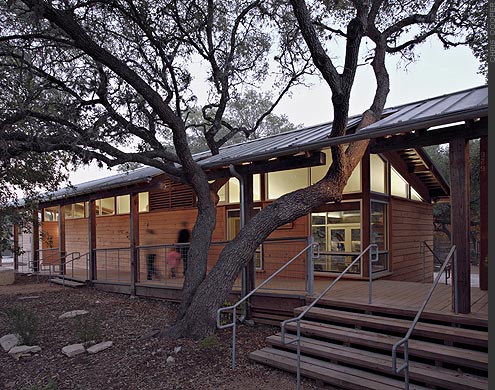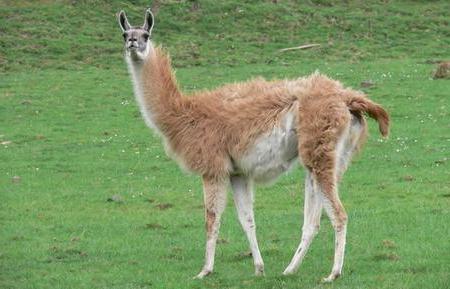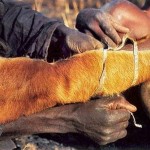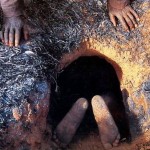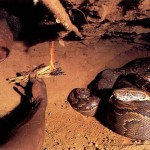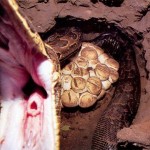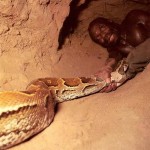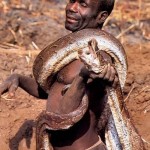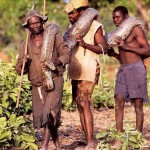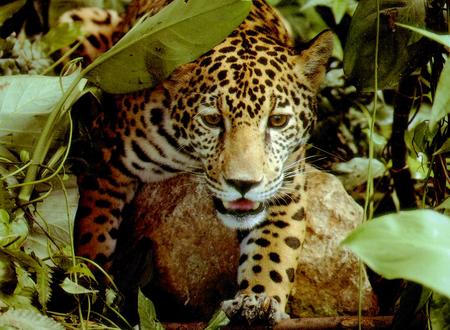
Several Texas news outlets recently reported that Anheuser-Busch has ended its sponsorship relationship with the Texas Parks and Wildlife Department (TPWD). In addition, the company has ended its cooperation with its official nonprofit partner, the Texas Parks and Wildlife Foundation. On Saturday, the Dallas Morning-News reported that late last year, Belgian-based InBev bought Anheuser-Busch and made some changes in their corporate relationships. The company’s history of support will leave a lasting conservation legacy in Texas. Since 1994, Anheuser-Busch has provided close to $15 million to support the department mission and keep Texas a great place to hunt, fish and enjoy the outdoors.
Over the years the company has supported a wide variety of sites and programs, including ShareLunker, Texas Parks and Wildlife Expo, Big Time Texas Hunts, Texas Freshwater Fisheries Center, Coastal Fisheries Bay Team, Flat Out Fishing, Crab Trap Cleanup, Public Dove Hunting Program, Great Texas Birding Classic, Sheldon Lake Environment Learning Center, Government Canyon State Natural Area, tarpon research and the Texas Big Game Awards. The Dallas newspaper and other outlets have reported how the Anheuser-Busch departure offers new opportunities for companies or organizations that may wish to sponsor TPWD programs and sites.
